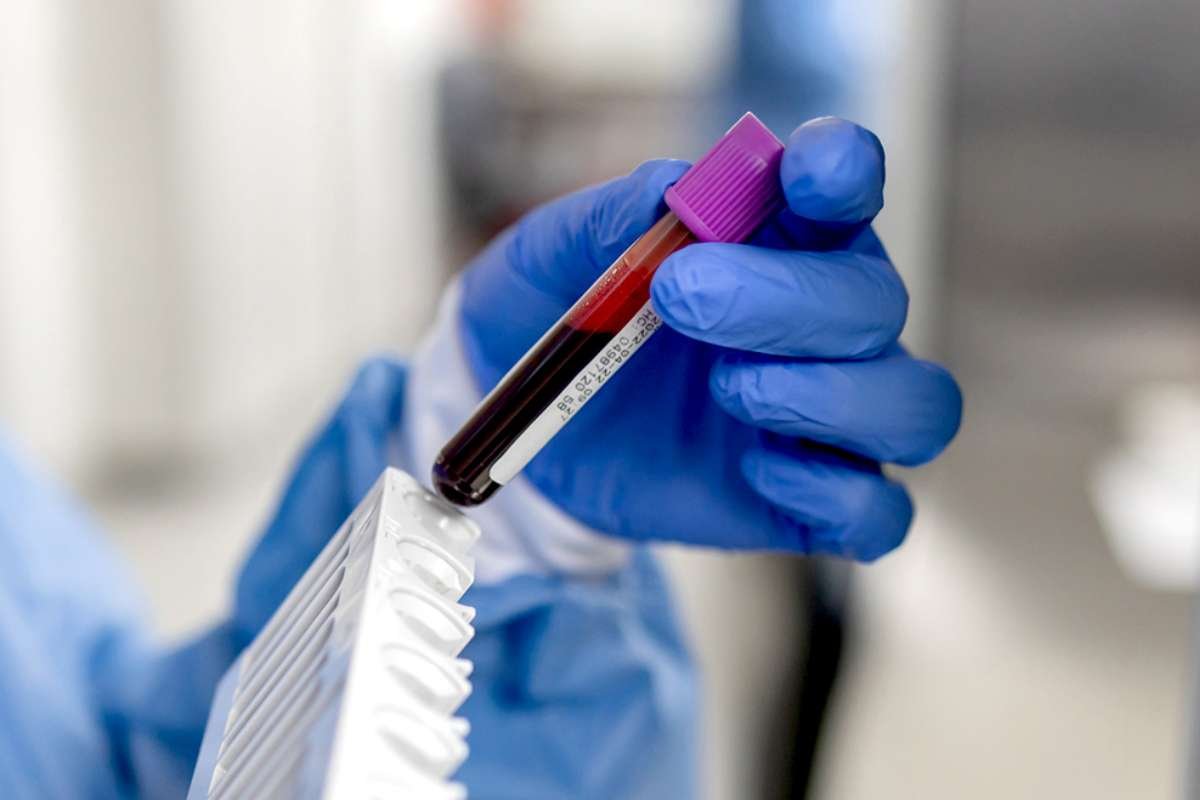
- Source: abiscans.com
When I first learned about the MCHC blood test, I didn’t realize how important it was for understanding my health. This test measures the concentration of hemoglobin in red blood cells, giving doctors valuable insights into conditions like anemia. After taking the test myself, I saw how it helped my doctor evaluate my overall blood health and guide me toward better treatments. It’s a simple but powerful test that can make a real difference in diagnosing blood-related issues.
What is the MCHC Blood Test?
The MCHC blood test checks how much hemoglobin is packed inside your red blood cells. Hemoglobin is a protein that carries oxygen from your lungs to the rest of your body. Instead of looking at the size or number of red blood cells, this test focuses on how full each cell is with hemoglobin. Doctors usually do this test as part of a Complete Blood Count (CBC) to check your overall health and find problems like anemia, infections, or blood cancer.
Why is the MCHC Test Important?

How the Test is Performed?
The MCHC blood test is simple. A small amount of blood is taken from a vein in your arm with a needle. It only takes a few minutes. After that, the blood is sent to a lab where machines check it. Most of the time, you don’t need to fast or do anything special before the test unless your doctor tells you to.
Interpreting MCHC Results

- Low MCHC (below 32 g/dL): May be a sign of iron-deficiency anemia or thalassemia.
- Normal MCHC (32–36 g/dL): Shows that the amount of hemoglobin in red blood cells is healthy.
- High MCHC (above 36 g/dL): Might be linked to conditions like hereditary spherocytosis or autoimmune diseases.
One test result alone usually isn’t enough to find out what’s wrong. Doctors also look at other tests, symptoms, and your health history before making a final decision.
Common Conditions Related to MCHC Abnormalities
Here are some health problems where the MCHC blood test can help find out what’s wrong:
1. Iron-Deficiency Anemia
This is the most common kind of anemia. It happens when the body doesn’t have enough iron to make healthy blood. MCHC levels become low. People may feel very tired, look pale, and feel dizzy.
2. Thalassemia
This is a blood problem passed down from parents. It affects how hemoglobin is made and can cause low MCHC levels. More tests are usually needed, but MCHC is a good early clue.
3. Hereditary Spherocytosis
This rare problem also runs in families. It makes red blood cells round and full of hemoglobin, causing high MCHC levels. It can lead to anemia, yellowing of the skin (jaundice), and a bigger spleen.
4. Autoimmune Hemolytic Anemia
In this illness, the body’s defense system attacks its red blood cells. This can sometimes cause high MCHC levels as the body tries to make stronger blood cells to replace the ones lost.
Read More: Total Iron-Binding Capacity: Importance, Testing, and Interpretation
How to Prepare for the Test?

Follow-Up and Treatment
If your MCHC blood test results are not normal, your doctor will explain what it means and may suggest more tests or treatments. Treatment depends on what is causing the problem and can include eating healthier foods, taking iron pills, or, in some cases, getting a blood transfusion or taking special medicines. Making changes like eating a diet full of nutrients, drinking enough water, and managing stress can also help. Foods rich in iron, vitamin B12, and folic acid are very good for your blood.
When Should You Get Tested?
Doctors may order an MCHC test when you present symptoms like:
- Unexplained fatigue
- Weakness
- Dizziness
- Pale skin
- Shortness of breath
It’s also a common part of routine health checkups or pre-surgical screenings. If you have a family history of anemia or blood disorders, your doctor may monitor your MCHC levels more frequently.
Read More: What do the colors of menstrual blood say about your cycle health?
Conclusion
The MCHC blood test is a small but important check for your health. It shows how well your red blood cells carry oxygen. If you feel tired, think you might have anemia, or are just having a regular health check, this test can give helpful answers. The results might look a bit confusing at first, but your doctor can explain them and guide you. Finding problems early can help you stay healthier and avoid bigger health issues later.